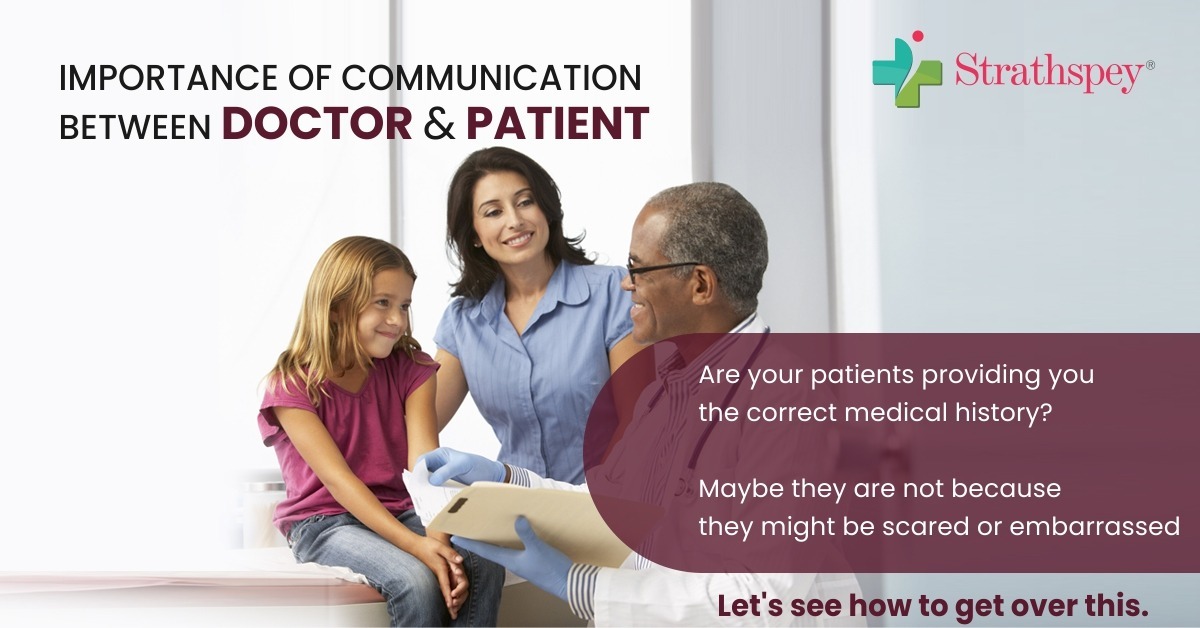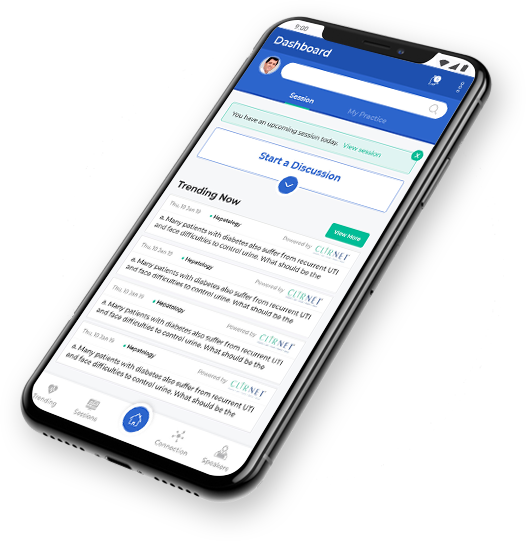Hypertension: A Global Health Threat during COVID-19
 16/07/2021
16/07/2021 Strathspey
Strathspey 0
0
.jpeg?alt=media&token=e7ba6f8e-17a4-477e-a589-e00341d2160c)
Hypertension is one of the world’s silent killers and at times such as
these when the world is grappling with the COVID-19 pandemic, action on
hypertension is more important than ever. People with hypertension are
at increased risk of severe disease and death from COVID-19.
According to the World Health Organization, 68% of patients in Italy
who died in hospital with COVID-19 had hypertension.
Therefore, like COVID-19, the hypertension epidemic is hitting the world’s most vulnerable the hardest. Nine out of 10 people with hypertension don’t have it under control, and 2 in 5 people with hypertension are not aware they have it.
According to the Centers for Disease Control (CDC), 63 per cent of adults over the age of 60 are hypertensive, a number that will continue to rise as our population ages.
The COVID-19 pandemic has taken an enormous toll on human life. Critically ill COVID-19 patients have shown signs of hypertension more often than once.
What should people with hypertension do to prevent COVID-19?
If you have the problem of high blood pressure then take medication as prescribed by a certified medical practitioner. Avoid skipping the medication or self-medication. Do not adopt any home remedies without your doctor’s approval.
What preventive routine can be adopted for COVID-19 patients with hypertension?
For COVID patients who have long-standing hypertension -- which is more than 10 years or five years -- the threshold for going to the hospital should be lower. People with uncontrolled hypertension, even if the COVID symptoms are lesser, should definitely be in touch with the physician.
Tips for those who have got infected with the SARS-CoV-2 virus and have hypertension and heart disease:
Make sure that you take all medications prescribed regularly as before even if you are mildly symptomatic. Continue with your blood pressure, diabetes and heart disease medications in case you are unable to visit your doctor.
Keep your blood pressure (BP), blood sugar in control and do regular physical activity.
Avoid smoking and alcohol.
Follow the diet and salt restriction as advised. If you are a non-vegetarian, you can continue to be so. Increasing the fibre and protein content of the diet and more vegetables and fruits in the diet is advisable.
Therefore, like COVID-19, the hypertension epidemic is hitting the world’s most vulnerable the hardest. Nine out of 10 people with hypertension don’t have it under control, and 2 in 5 people with hypertension are not aware they have it.
According to the Centers for Disease Control (CDC), 63 per cent of adults over the age of 60 are hypertensive, a number that will continue to rise as our population ages.
The COVID-19 pandemic has taken an enormous toll on human life. Critically ill COVID-19 patients have shown signs of hypertension more often than once.
What should people with hypertension do to prevent COVID-19?
If you have the problem of high blood pressure then take medication as prescribed by a certified medical practitioner. Avoid skipping the medication or self-medication. Do not adopt any home remedies without your doctor’s approval.
What preventive routine can be adopted for COVID-19 patients with hypertension?
For COVID patients who have long-standing hypertension -- which is more than 10 years or five years -- the threshold for going to the hospital should be lower. People with uncontrolled hypertension, even if the COVID symptoms are lesser, should definitely be in touch with the physician.
Tips for those who have got infected with the SARS-CoV-2 virus and have hypertension and heart disease:
Make sure that you take all medications prescribed regularly as before even if you are mildly symptomatic. Continue with your blood pressure, diabetes and heart disease medications in case you are unable to visit your doctor.
Keep your blood pressure (BP), blood sugar in control and do regular physical activity.
Avoid smoking and alcohol.
Follow the diet and salt restriction as advised. If you are a non-vegetarian, you can continue to be so. Increasing the fibre and protein content of the diet and more vegetables and fruits in the diet is advisable.
.jpg?alt=media&token=82fc7990-d069-42ba-b73f-9c501a7bb67b)

.jpg?alt=media&token=c0ed94bc-7e5c-44d5-9a50-ed2df3599559)


